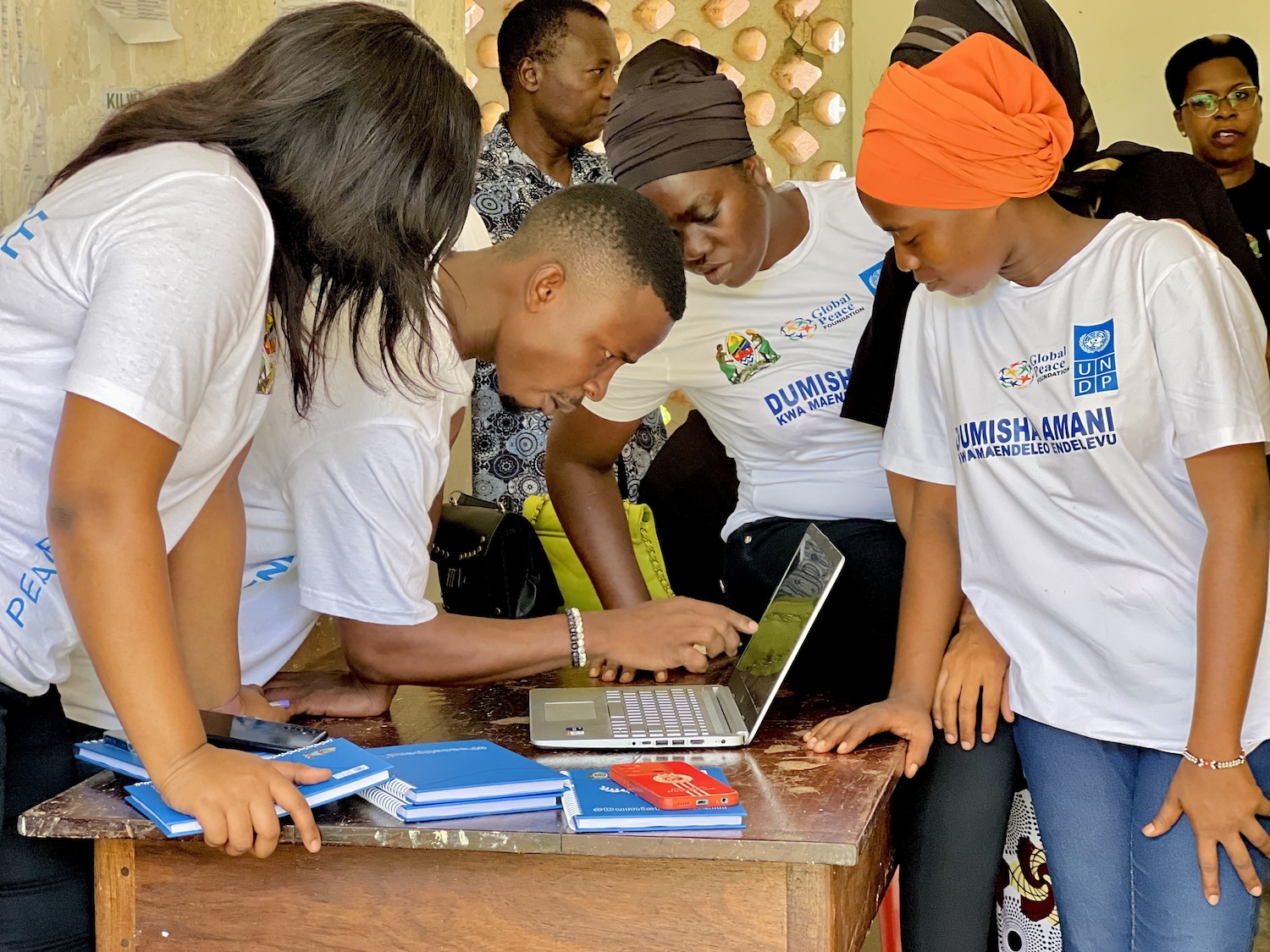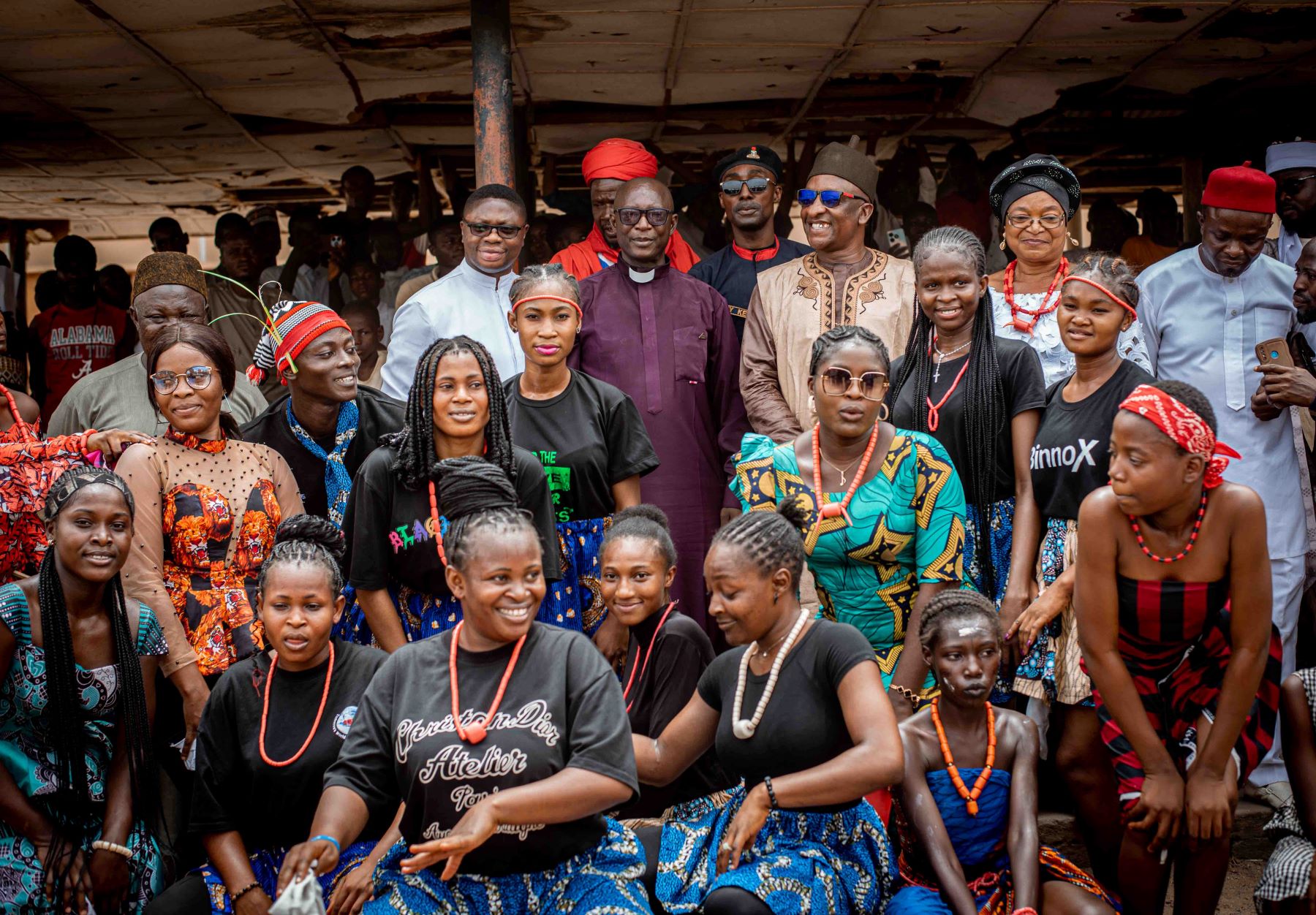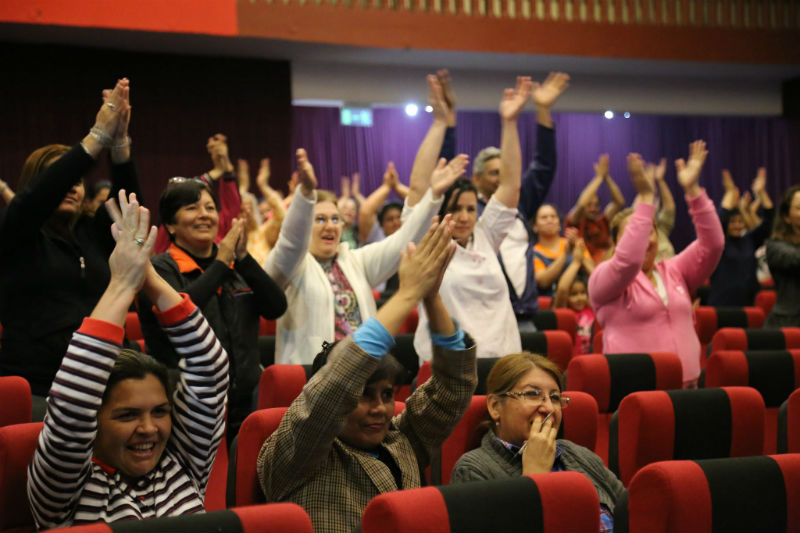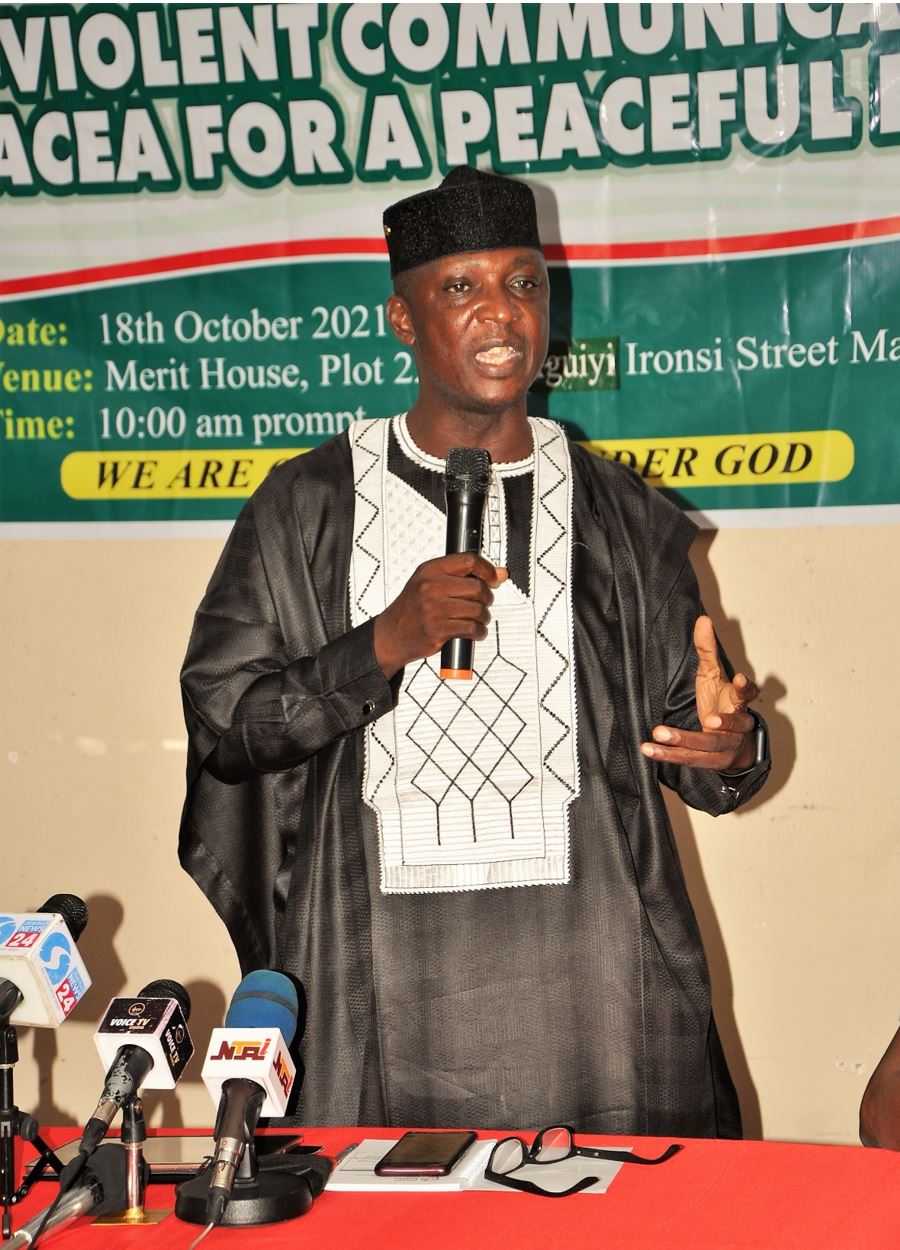
Global Peace Foundation (GPF) Nigeria Director Rev. Joseph John Hayab.
“In today’s world, many assume that to prove that one is strong and greater than others is through the show of violence,” said Global Peace Foundation (GPF) Nigeria Director Rev. Joseph John Hayab at a workshop, “Non-Violence Communication: A Panacea for a Peaceful Nation,” in Abuja, Nigeria’s capital, on October 18, 2021. “Sadly, this flaw is often exhibited by Nigerians and manipulated in many African countries and other parts of the world.”
Nigeria has been an epicenter of extremist violence in West Africa. According to a June 2021 UN Development Programme (UNDP) report, conflict in northeast Nigeria has, directly and indirectly, cost the lives of some 350,000 people since 2009. Mass killings, kidnappings, and destruction of property instigated by the insurgent group Boko Haram and other criminal organizations have displaced more than two million. Insecurity due to violence has led to declines in agricultural production and lack of access to food, health care, and clean water, according to the UN report.
Violent communication has adverse effects in our workplace, homes, places of worship, and relationships with friends and family.
GPF Nigeria has sponsored dozens of grassroots programs to counter violent extremism by emphasizing shared values, engaging Muslim and Christian leaders and traditional rulers, and appealing to young people who may be susceptible to joining violent extremist groups. The recent workshop guided 100 young people in Abuja to use peaceful communication in their daily lives.
Speakers from GPF Nigeria spread the message of viewing others as fellow members of the human family. Rev. Hayab said violent communication has adverse effects in our workplace, homes, places of worship, and relationships with friends and family, and expressed the importance of communicating our concerns without being violent and with love and respect.
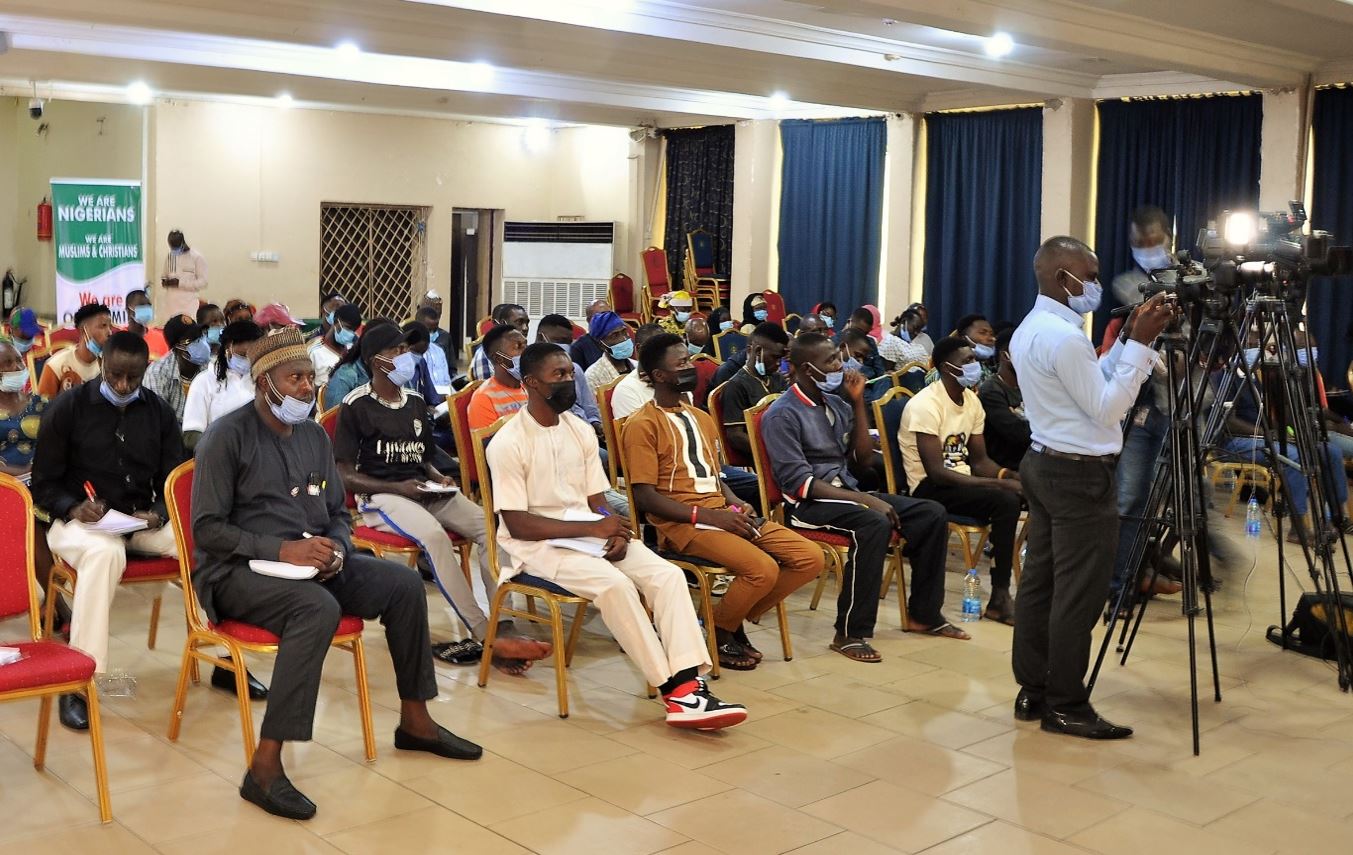
Participants at the Nonviolent Communication workshop in Abuja.
Communication at its core is simply sending a message, explained Aisha Ja’e GPF Nigeria’s Legal and Documentation Officer. However, before you send a message, you need to think about how the other person will respond, Aisha emphasized. She said that when people send rude, hurtful messages, responses can be equally destructive. To prevent violence in communities, she urged that all forms of communication—among parents to children, friends to friends, and the media to the public—be nonviolent and considerate.
During the workshop, young people were divided into groups to present the causes of violent communication. Some examples given included ego, poverty, greed, tribalism, ignorance, and low self-esteem. They also gave solutions to violent communication: patience, listening skills, preaching peace, and giving love.
Paul Aboi, a participant, said he was “happy to be part of this important training. [and] has changed my perspective on how I look at communication. Communication is one of the key things we all need to work on to bring about lasting peace in our country.” Another participant said that the training helped her understand how to live with her neighbors and friends with love, respect, and patience.

